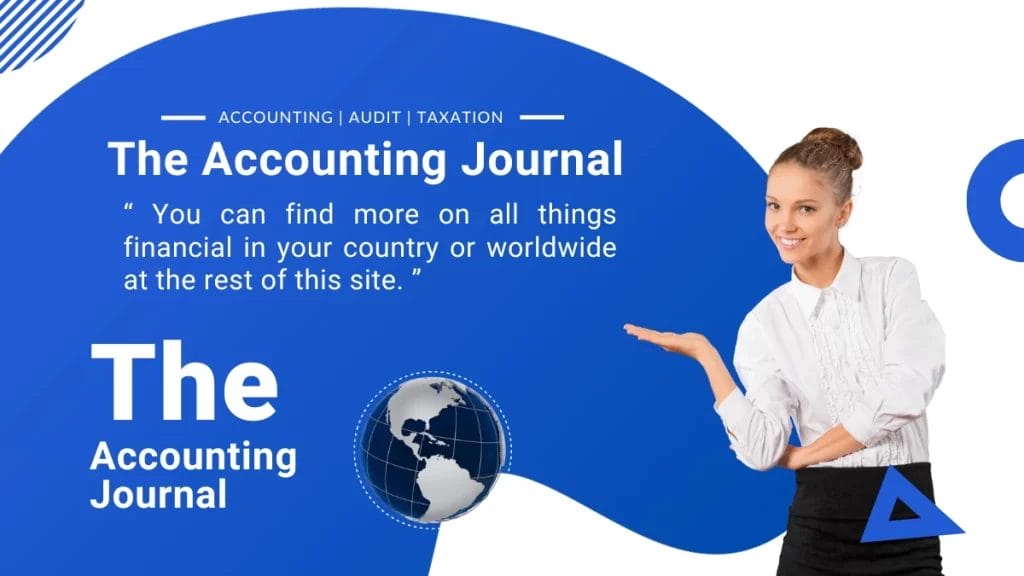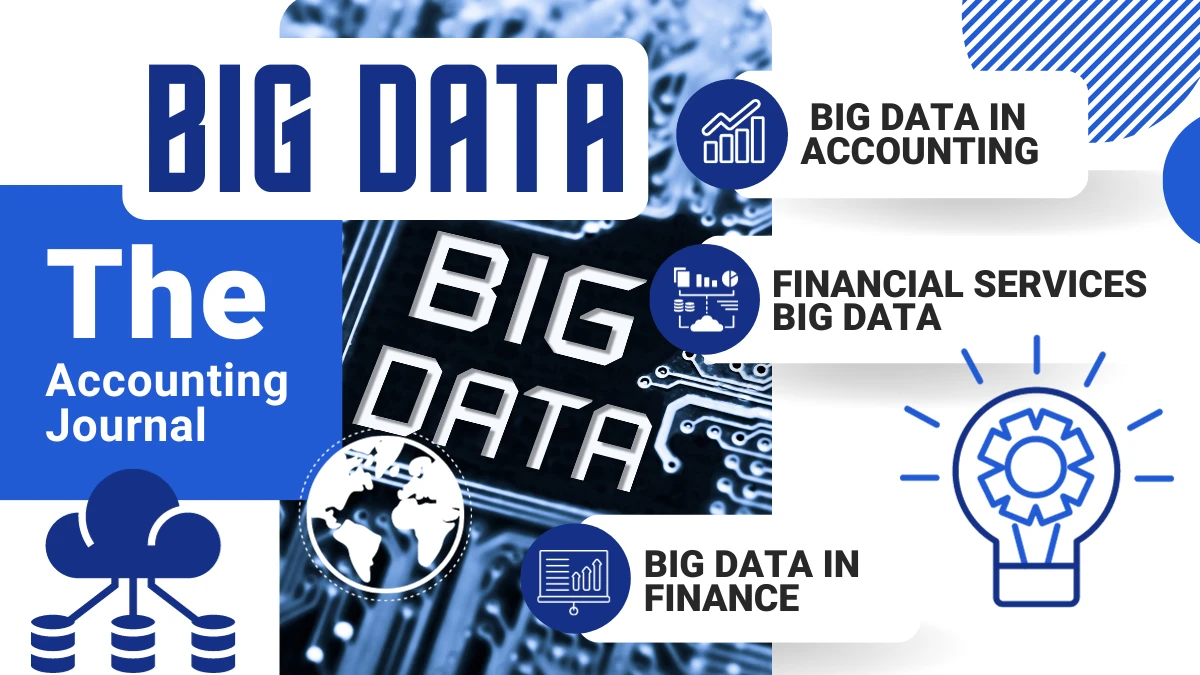Big Data in Accounting and Finance: Discover the latest developments into accounting and finance and how Big Data and Artificial Intelligence (AI) are shaping the new trends into the industry.
What is Big Data in Accounting and Finance?
Big Data in junction with Artificial Intelligence (AI) is a collection of technologies and methods used to collect, sort, process, and analyse large and complex data sets for multiple users within the accounting and finance industry. These data sets can be analysed using predictive analytics, customer analytics, and real-time analysis to find patterns that can help you optimize your business growth.
Analytics is just one aspect of using Big Data in accounting and finance finance. If you want to see the full potential and accounting automation benefits of Big Data and how AI can impact your company finances, you will have to dig deeper. This article will discuss the key capabilities of Artificial Intelligence (AI) accounting tools and Big Data in Accounting and Finance to help you keep your business on the cutting-edge of the digital age.
Humans are creating data at an amazing rate, and financial service executives need to be able to adapt to the complexity of big data in accounting and finance.

Deploy better cyber security controls in Accounting and Finance with Big Data and AI technologies.
As the availability of big data in accounting and finance and artificial intelligence technology advances, new generation software designed to maximize protection while also minimizing risk, becomes more sophisticated.
The software can be integrated into enterprise data networks by banks, accounting, and financial institutions. The software’s algorithm scans customer data and transactions to determine risk models and compare them. This includes loss-given default as well as the probability of default that allows you to view data insights and quickly assess current risks as well as forecast future ones.
In other words, companies and the accounting and financial service sector can use that software to analyse large amounts of transaction data and to use machine learning to analyse cybersecurity information. Machine learning algorithms software can detect patterns and anomalies within data networks that could indicate cyber threats.
Using AI technology to analyse big data sets of information and pattens lets your organisation find easier mistakes or weaknesses in accounting processes. The information generated can be used to deploy the right resources to reduce the treats and at the same time to improve your cyber security controls within the accounting and finance department.
Enhance customer engagement with the use of Big Data in accounting and finance with AI robot advisory tools.
Robot advisory tools are now available to provide personalized, low-cost advice for customers on their finances. Big data in accounting and finance AI powered analytics is now available to passively manage your finances purely based on programming algorithms.
Robot advisors are digital platforms that offer automated, algorithmic financial advice services. AI powered robot advisors gather big data data via surveys or other means about customers financial picture and their goals generating useful insights and financial advice.
Chatbots can be described as a simplified version of robot advisors. Chatbots can answer customer queries, guide customers through requested processes and offer tips and advice. At the same time chatbots can store gather customer data that could be used improve the algorithms and ultimately the customer experience.
Unifies data analytics platforms for accountancy and financial institutions with advanced artificial intelligence and big data resources.
Because different analytics platforms are used by different departments within financial companies, data mining and data transfer between business sectors became very difficult and time-consuming as it is difficult to share data among them.
Big data in accounting and finance is quickly making its way into as one of the most important roles in business optimization. Nowadays unified data analytics platforms are quickly gaining popularity. These platforms will allow large financial institutions to easily create a unified system.
The unified platform for analytics allows the creation of custom data science environments upon request. Data scientists can now create their own work environments and easily deploy machine learning across a one or multiple organizations using the unified analytics platform.
Conclusion:
Big Data is a disruptive force in the accounting and finance sector shaping at a high speed the future of financial services. These changes include personalized customer experiences via robot advisory, improved cybersecurity to prevent data breaches, a shift from credit scores to social scores, accounting automation and increased speed and accuracy.
It is essential to lead your company from the front if you want to succeed in the new age of big data and artificial intelligence.
If you found this article helpful, please go to the rest of the website for more information on financial topics in International Accounting, Audit, Taxation, Accounting Software, Cloud Accounting and Automation.
Read this article in: English – Dutch – French – German – Spanish



